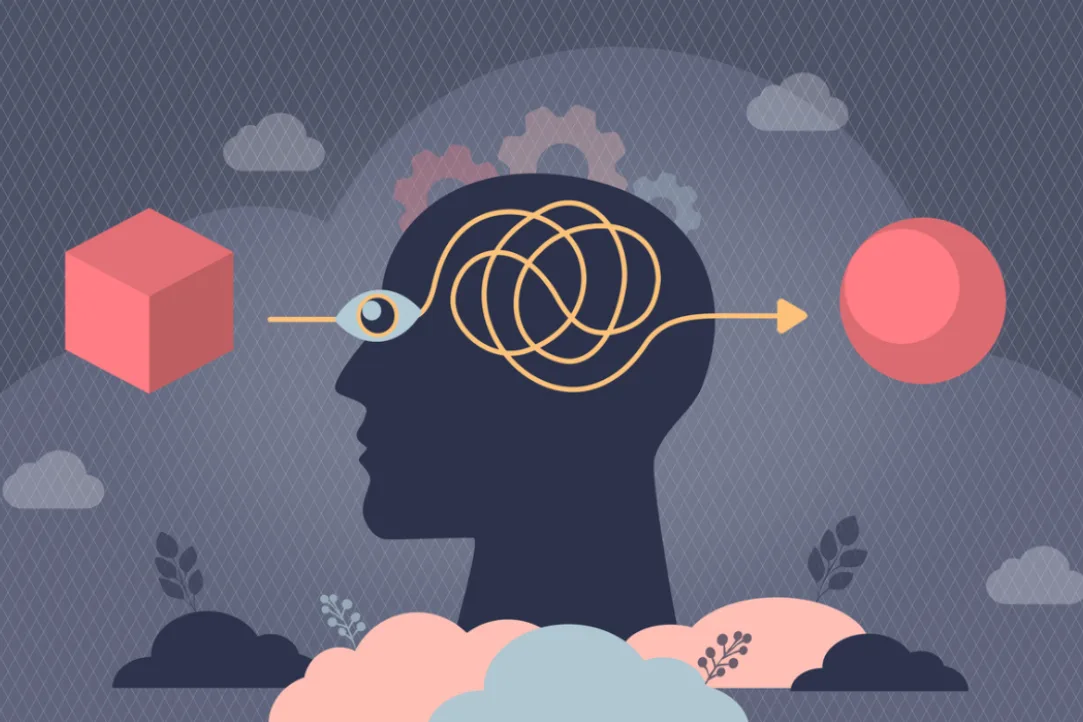Happiness is one of the most universal human goals, yet defining and achieving it is far from simple. Psychology, particularly the field of positive psychology, has dedicated significant research to understanding what makes life satisfying and meaningful.
Traditionally, psychology focused on treating mental illness, but positive psychology, championed by Martin Seligman, shifted attention toward human strengths, well-being, and flourishing. Happiness is now often studied through two lenses: hedonic well-being (pleasure, comfort, and enjoyment) and eudaimonic well-being (meaning, purpose, and personal growth).
Research suggests that while pleasure contributes to happiness, lasting fulfillment often comes from eudaimonic experiences—such as contributing to others, pursuing meaningful goals, and living authentically. This distinction explains why material possessions or short-term pleasures rarely lead to long-term happiness.






